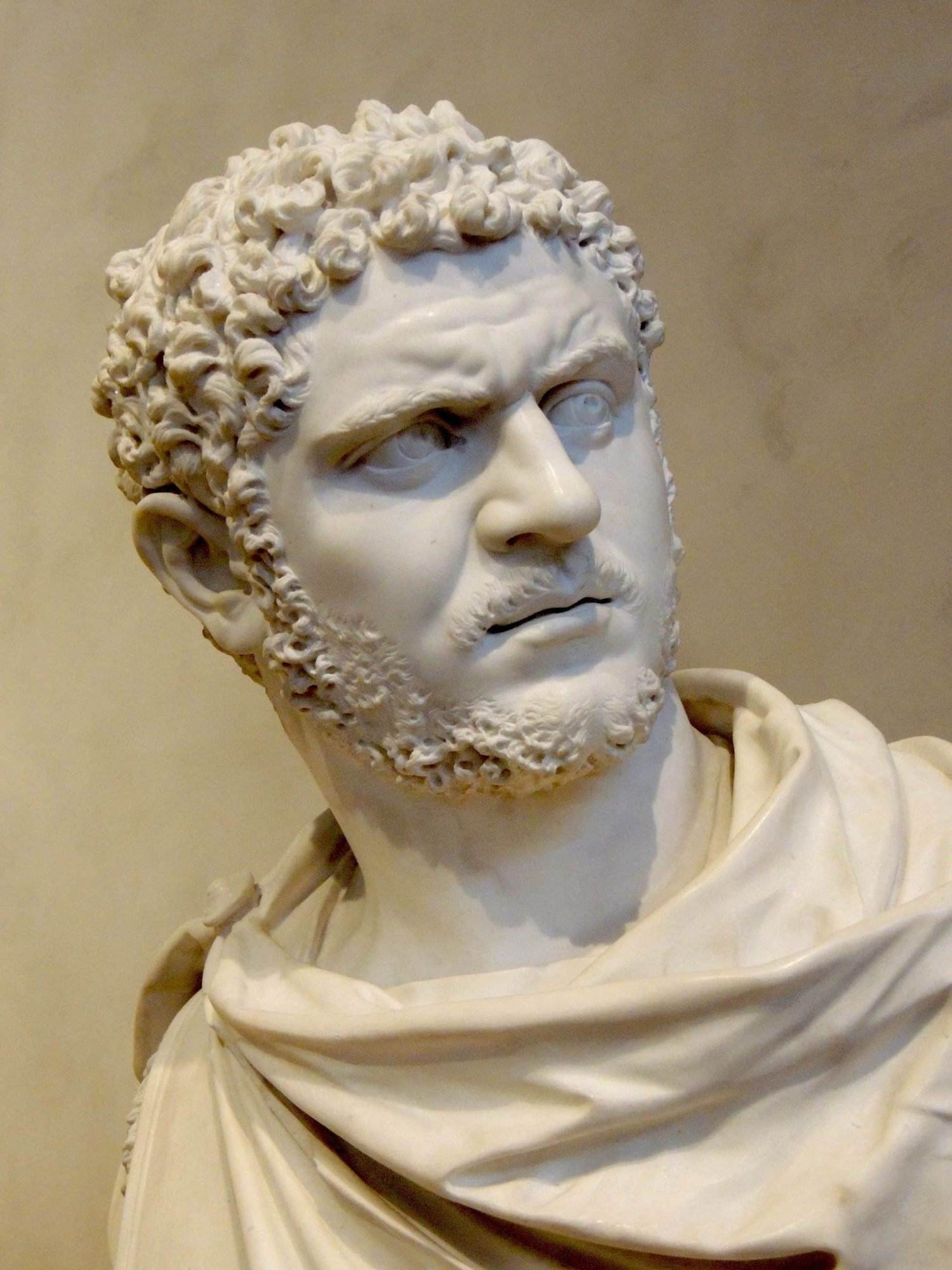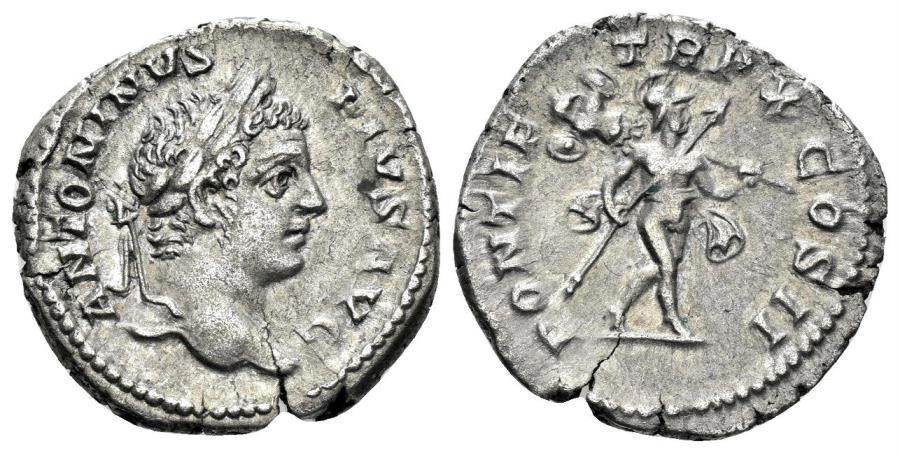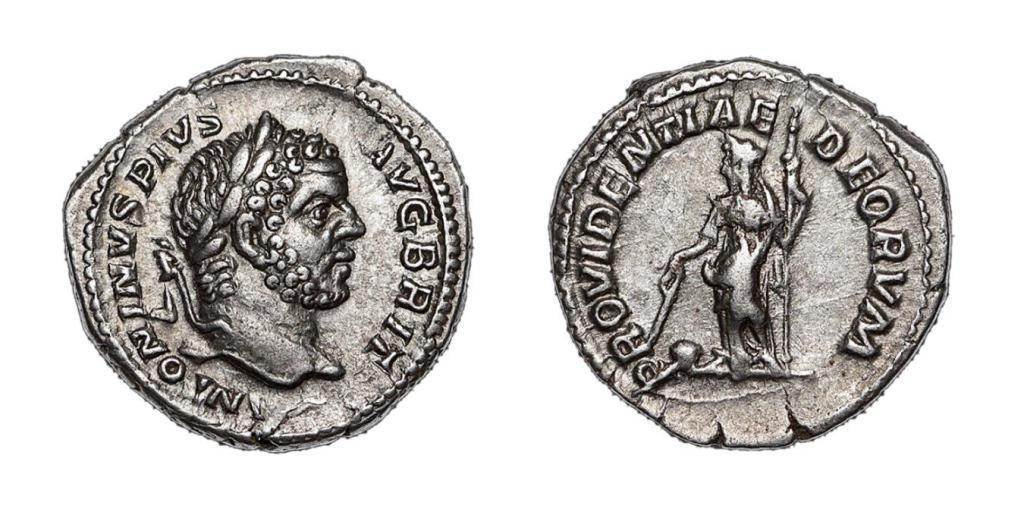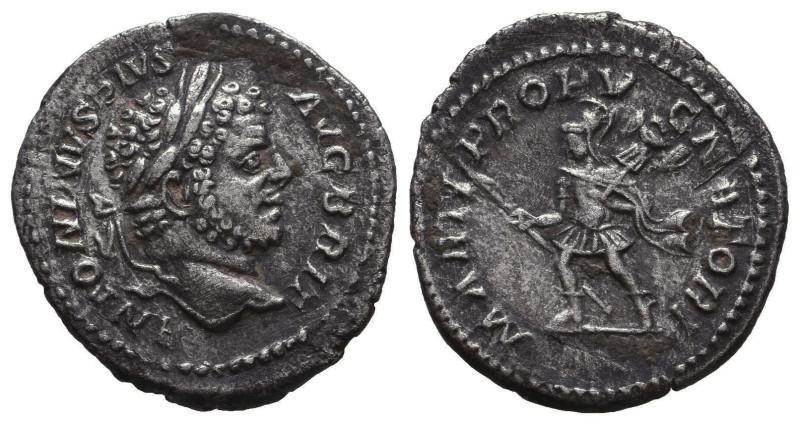| Predecessor | Septimius Severus |
| Successor | Macrinus |
| Born | 4 April 188, Lugdunum, Gaul |
| Died | 8 April 217 (aged 29), On the road between Edessa and Carrhae |
| Spouse | Fulvia Plautilla |
| Children | |
| Father | Septimius Severus |
| Mother | Julia Domna |
His Story
Biography of Caracalla
Caracalla was one of the most notorious Roman emperors, who ruled from 198 to 217 AD. He was born as Lucius Septimius Bassianus on April 4, 188 AD, in Lugdunum (now Lyon, France), the son of Septimius Severus, a North African general who became emperor in 193 AD, and Julia Domna, a Syrian noblewoman who was a powerful influence behind the scenes. Caracalla’s original name was derived from his maternal grandfather, who was a high priest of the Syrian sun god Elagabalus. He later changed his name to Marcus Aurelius Antoninus, after the revered emperor and philosopher who had died in 180 AD, in an attempt to associate himself with his legacy.
Caracalla was raised in a military environment, as his father waged wars against various enemies of Rome, such as the Parthians, the Britons, and the Caledonians. He accompanied his father on his campaigns and learned the art of war from an early age. He also developed a taste for violence and cruelty, which would mark his later reign. In 198 AD, he was proclaimed co-emperor by his father, along with his younger brother Geta, who was given the title of Caesar. The two brothers were never on good terms and often quarreled over their share of power and territory. Their rivalry was exacerbated by their mother Julia Domna, who favored Caracalla over Geta.
When Septimius Severus died in 211 AD in York (now England), he left his empire to his two sons, with the advice to “be harmonious, enrich the soldiers, and scorn all other men”. However, Caracalla and Geta could not agree on how to divide the empire and soon came into conflict with each other. They tried to rule jointly from Rome, but their mutual hatred and distrust made it impossible. They even planned to assassinate each other several times, but failed. Finally, in December 211 AD, Caracalla arranged a meeting with Geta in their mother’s apartment, where he had him murdered by his loyal guards. He then declared himself sole emperor and ordered a bloody purge of Geta’s supporters and sympathizers. According to some sources, he killed about 20,000 people in this massacre, including senators, equestrians, soldiers, and civilians.
Caracalla’s reign was marked by tyranny and terror. He was paranoid and suspicious of everyone around him and executed many people on false charges of conspiracy or treason. He also raised taxes and debased the currency to fund his lavish lifestyle and his military campaigns. He built a colossal bath complex in Rome, known as the Baths of Caracalla, which was one of the largest and most luxurious public buildings in ancient times. He also issued an edict in 212 AD, known as the Constitutio Antoniniana or the Edict of Caracalla, which granted Roman citizenship to all free men in the empire. This edict was motivated by his desire to increase his tax base and his army recruitment pool, rather than by any sense of generosity or justice.
Caracalla was also a restless and ambitious warrior, who sought to emulate his father’s military achievements and expand his empire. He waged wars against various enemies of Rome, such as the Germans, the Alamanni, the Goths, and the Parthians. He claimed several victories and celebrated them with triumphal arches and monuments. However, he also suffered defeats and setbacks and often resorted to brutal tactics such as massacres and scorched-earth policies. He also alienated many of his soldiers and generals by his harsh discipline and erratic behavior.
Caracalla’s reign came to an abrupt end on April 8, 217 AD, when he was assassinated by one of his own soldiers near Carrhae (now Harran) in Mesopotamia (now Turkey). The assassin was Macrinus , a Praetorian prefect who had conspired against him with other discontented officers. Macrinus then proclaimed himself emperor and tried to consolidate his power by spreading rumors that Caracalla had been killed by a Parthian agent or by divine wrath. However, he faced opposition from many loyalists of Caracalla’s dynasty , especially from Julia Domna’s relatives , who later rose up against him under the banner of Elagabal






